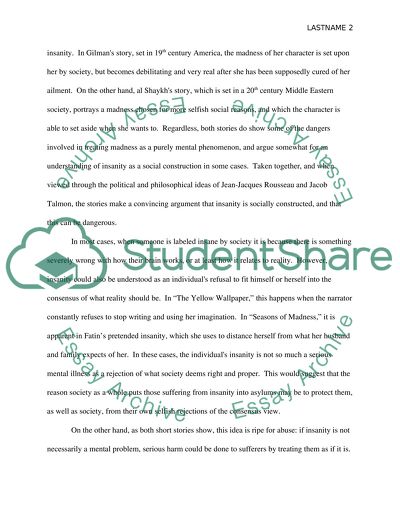Cite this document
(“Madness: A result of individual rights being nullified by societal Research Paper”, n.d.)
Retrieved from https://studentshare.org/english/1430424-madness-a-result-of-individual-rights-being
Retrieved from https://studentshare.org/english/1430424-madness-a-result-of-individual-rights-being
(Madness: A Result of Individual Rights Being Nullified by Societal Research Paper)
https://studentshare.org/english/1430424-madness-a-result-of-individual-rights-being.
https://studentshare.org/english/1430424-madness-a-result-of-individual-rights-being.
“Madness: A Result of Individual Rights Being Nullified by Societal Research Paper”, n.d. https://studentshare.org/english/1430424-madness-a-result-of-individual-rights-being.


